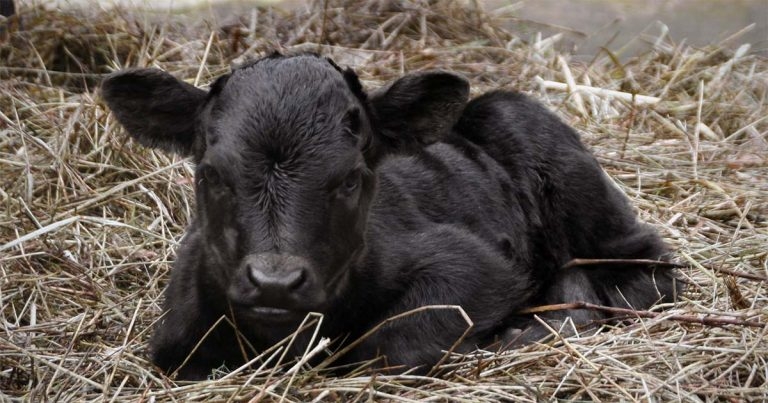14 Nov 2022
Ceva Animal Health hopes the grassroots survey of vets and farmers will help it better understand the impact of the disease on health, welfare and productivity – and help with future awareness campaigns.

Image © alehuener / Adobe Stock
A national survey on the impact of Q fever has been launched for vets and farmers by Ceva Animal Health.
The company, which makes vaccine Coxevac, wants to seek views from both vets and their clients about how the disease affects livestock health, welfare and productivity – and assess how good awareness of Q fever is.
The National Q Fever Survey aimed at vets takes around two minutes to complete and 10 participants stand the chance of winning a Q fever snood.
Renzo Di Florio, veterinary advisor at Ceva Animal Health, said: “Despite Q fever being endemic in GB dairy herds1, we believe that awareness among farmers and the related farming industries is low.
“Our national Q fever surveys will help us ascertain how we can support farmers and vets when it comes to diagnostic challenges, treatment options and prevention through vaccination to help protect farmers, farming families and the related professions from the disease, and reduce the impact of Q fever on farms.”
Vet Jonathan Statham – an RCVS-recognised specialist in cattle health, co-author of the Dairy Herd Health textbook and chief executive of RAFT Solutions, said: “Multiple surveys in the UK support Q fever prevalence, ranging from 60% to 80% in our national dairy herd, including recent work carried out by RAFT Solutions in north-east England and south-west England (2021)2.
“Reproductive issues are, of course, multifactorial, and it is important, therefore, not to associate a Q fever positive diagnostic result as a single cause of infertility. However, increased level of metritis and endometritis, abortion and pregnancy loss – or extended calving-conception intervals – merit further investigation with Q fever as part of a herd health discussion that should, of course, address other infectious disease such as bovine viral diarrhoea, infectious bovine rhinotracheitis or leptospirosis.
“Q fever is of further significance as a zoonosis and as a potentially emerging disease in the context of climate change and changing vector patterns.”
Ceva has launched a social media toolkit for practices to use to raise awareness of Q fever among farming clients.
Posts on how it is spread, clinical signs, diagnostic challenges, and management and biosecurity will be available at the end of November.
For further details, visit the Q fever website or contact a Ceva account manager.
1. Velasova M et al (2017). Herd-level prevalence of selected endemic infectious diseases of dairy cows in Great Britain, Journal of Dairy Science 100(11): 9,215-9,233.
2. RAFT Solutions, data on file.